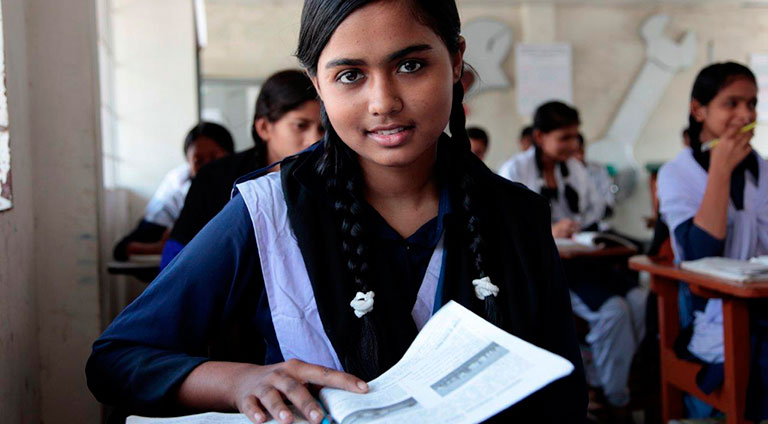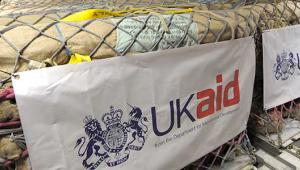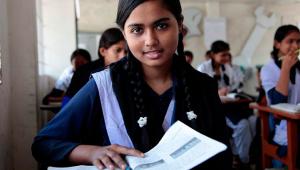school_girl.jpg

Girl in school. Credit: Ricci Coughlan/DFID
For a number of years, the UK’s Department for International Development has declared a strong focus on having an impact for women and girls, with education being a key component of that.
But the country’s Independent Commission for Aid Impact watchdog found that objectives on girls’ education were often pushed out by competing priorities and many programmes drifted from their original focus.
Tina Fahm, the ICAI commissioner who led the review, said weaknesses in the UK’s performance means that girls, especially hard-to-reach ones, are less likely to get the education they “desperately need” to improve their life chances.
“Globally, 62 million girls miss out on an education,” she said. “The UK government has made a strong commitment to tackling this huge problem, but struggled to maintain the focus on girls and on results for marginalised girls in particular.”
ICAI found that many programmes performed poorly against their original objectives, lost focus and in some cases abandoned targets for supporting girls altogether.
This is despite the commitment being backed with significant resources: DFID’s Girls Education Challenge fund, for example, provided £355m between 2012 and 2017.
The fund, which finances projects targeting marginalised girls, is behind on three out of four outcome milestones, ICAI found.
An emphasis on value for money, which does not yet take into account that some girls are harder to reach than others, diluted the fund’s focus on marginalised girls.
A cost-per-girl metric in the fund’s projects created a disincentive, because priority was attached to reaching more beneficiaries rather than the marginalised target group.
ICAI awarded DFID an “amber-red” rating for the value for money element of DFID’s girls’ education programmes, meaning “significant improvements” are needed.
It said that because DFID’s value for money framework failed to account for the prioritisation of marginalised groups and a commitment to ‘leave no one behind’, it is “not well suited” to ensuring value for money in these programmes.
ICAI’s report also identified issues with poor programme design, a lack of influence by DFID on the focus of government-run education programmes in some countries and a lack of expertise in tackling education challenges for marginalised girls in delivery partners selected by DFID.
“We welcome DFID’s significant investment in girls education,” said Fahm. “But DFID now needs to improve its focus and performance to make a difference to as many lives as possible.”
A DFID spokeswoman said ICAI was right to commend the department's commitment to improving the lives of girls across the world.
"The UK is a global leader when it comes to transforming the lives of the world's poorest and most vulnerable girls," she said.
"British people can be proud of how UK aid is helping unlock the potential of these girls by helping lift them and their families out of poverty. At the same time we are very determined to deliver value for every pound of taxpayers' money we invest.
"The results of our work are clear. In conflict-torn South Sudan, we've helped 170,000 girls to get an education. In Afghanistan we've given over 300,000 girls access to school. In Kenya our work has given disabled girls the chance to attend mainstream school for the first time."













